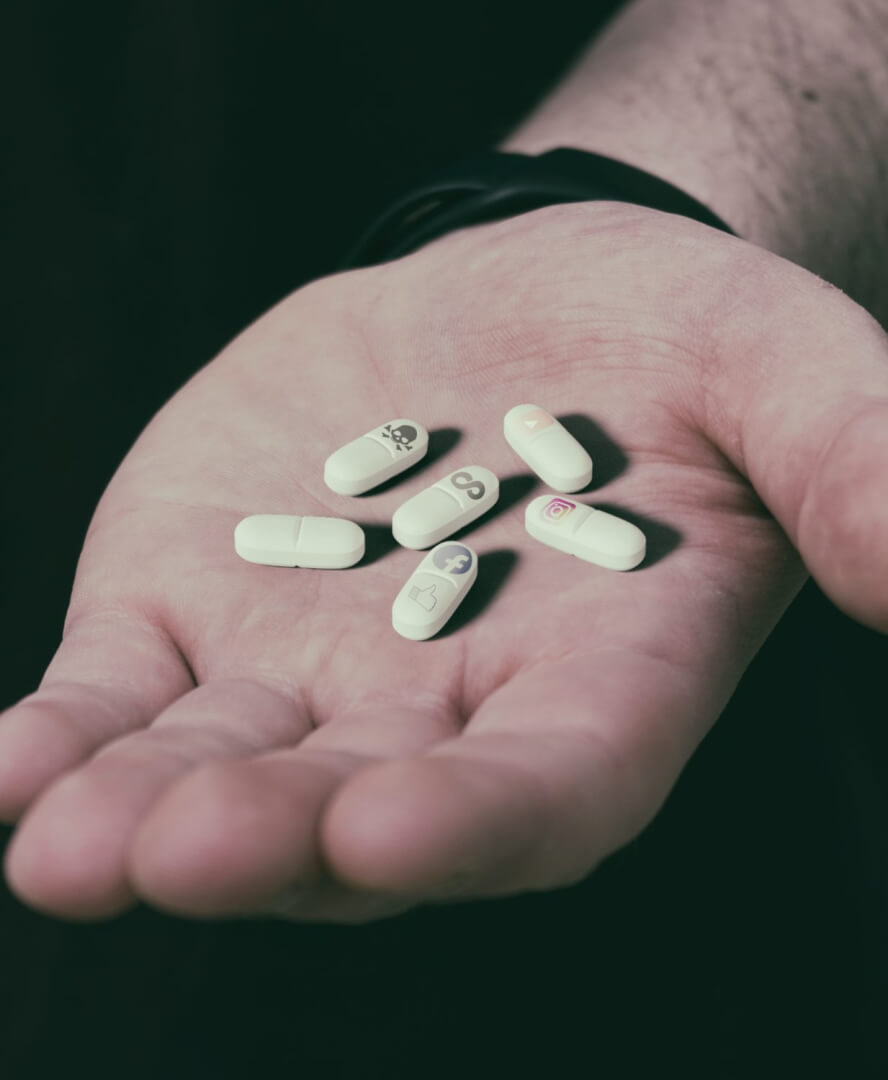In recent years, much blame has been placed on prescription painkillers for their role in the drug crisis affecting this country. Other studies have pointed to genetics, the user’s environment, and social factors such as peer pressure. One catalyst that is often overlooked, however, is the role mental health plays in addiction. According to the National Institute on Drug Abuse, people with mood or anxiety disorders are twice as likely to be diagnosed with a substance abuse disorder. Some people might be self-medicating in order to lessen the effects of anxiety or depression. Others develop these problems as a result of their drug use or an attempt to quit.
One common disorder among those who have substance abuse problems is social anxiety. Most of us have had a drink or two at some point to loosen our tongue or bury the fear of being judged or rejected. Unfortunately, not only can alcohol and drugs actually make anxiety worse, this behavior can lead to addiction. Some people might use more because they think it isn’t helping enough; others use because they feel as though it is helping and crave more.
Depression and addiction are also a dangerous combination. The suicide risk for those with depression is 10 percent. The number for those with a substance use problem is about the same. When these two disorders combine, the suicide risk rises to about one in four. Depression can also lead to relapse. Even in someone who has been clean for years, the onset of depression can send them back into the familiar arms of their drug of choice. This is particularly problematic because drugs and alcohol can interfere with the medications used to treat depression.
Treating substance abuse alone will not eliminate mental health problems, and it’s important to seek help for both. Because people with substance use disorder are already prone to addiction, and as medications might interact badly with drugs and alcohol, therapy is an excellent option. Unfortunately, many people view both mental health problems and addiction as a stigma, and it can be difficult to overcome this and find help. It’s important to remember that there is no shame in seeking help. It might be difficult, but it will make you strong.
At Asana Recovery, the staff is not only certified to help you, but some have been in recovery themselves and are uniquely qualified to understand without judgment. We look into all the circumstances that might lead to addiction, including underlying psychological factors. Our residential treatment program will not only provide therapy and education, but your daily needs will be provided for so that you can focus on your recovery. As you transition from the residential facility, we also provide outpatient treatment, which provides flexibility as your reclaim your life.
Rather than trying to survive alone, you’ll become part of a community invested in your long-term success. The comfort of our clients is one of our top priorities. Despite the way television sometimes portrays residential treatment facilities, Asana Recovery provides furnished rooms, television and internet, and other recreational activities. Contact us any time at (949) 438-4504 to begin your road to recovery.



